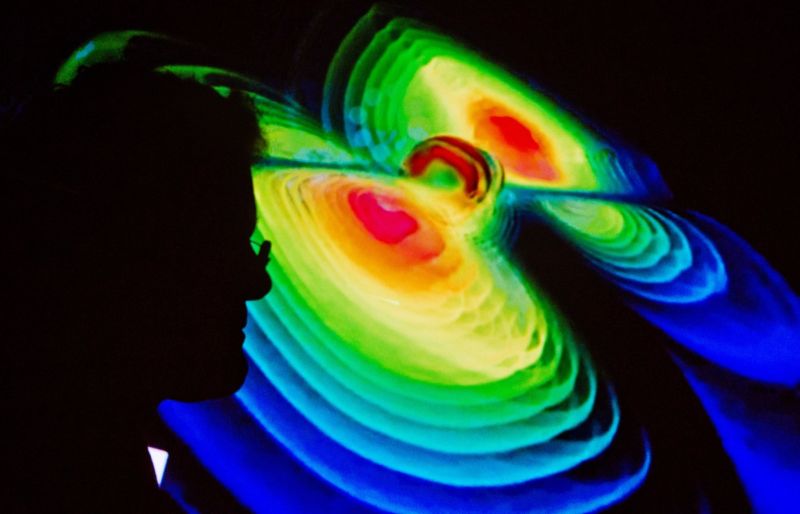Danish physicists claim to cast doubt on detection of gravitational waves
Ars Technica » Scientific Method 2018-10-31

Enlarge / The Nobel Prize-winning first direct detection of gravitational waves announced in 2016 is being called into question. LIGO calls shenanigans. (credit: Julian Stratenschulte/DPA/Getty Images)
The first direct detection of gravitational waves was announced on February 11, 2016, spawned headlines around the world, snagged the 2017 Nobel Prize in Physics, and officially launched a new era of so-called "multi-messenger" astronomy. But a team of physicists at the Niels Bohr Institute in Copenhagen, Denmark, is calling that detection into question based on its own independent data analysis conducted over the last two-and-a-half years.
As New Scientist reports, the group thinks that the original gravitational wave signal detected by the Laser Interferometer Gravitational-Wave Observatory (LIGO) was an "illusion." The researchers allege that the collaboration mistook patterns in the noise for a signal. The magazine oddly touts this as an "exclusive," but group spokesperson Andrew Jackson has been banging this particular drum for a while now, after first experiencing misgivings about LIGO's analysis as presented during the February 11, 2016 press conference in Washington, DC. The group's original paper was published in the Journal of Cosmology and Astroparticle Physics in August of that year, and there has been considerable back and forth within the physics community about Jackson's claims since then.
"Andrew Jackson and his group have been saying for the past few years that LIGO's detections are not real," says LIGO executive director David Reitze of Caltech. "Their analysis has been looked at by many people who have all concluded there is absolutely no validity to their claims." Reitze characterized the New Scientist article as "very biased and sensational."